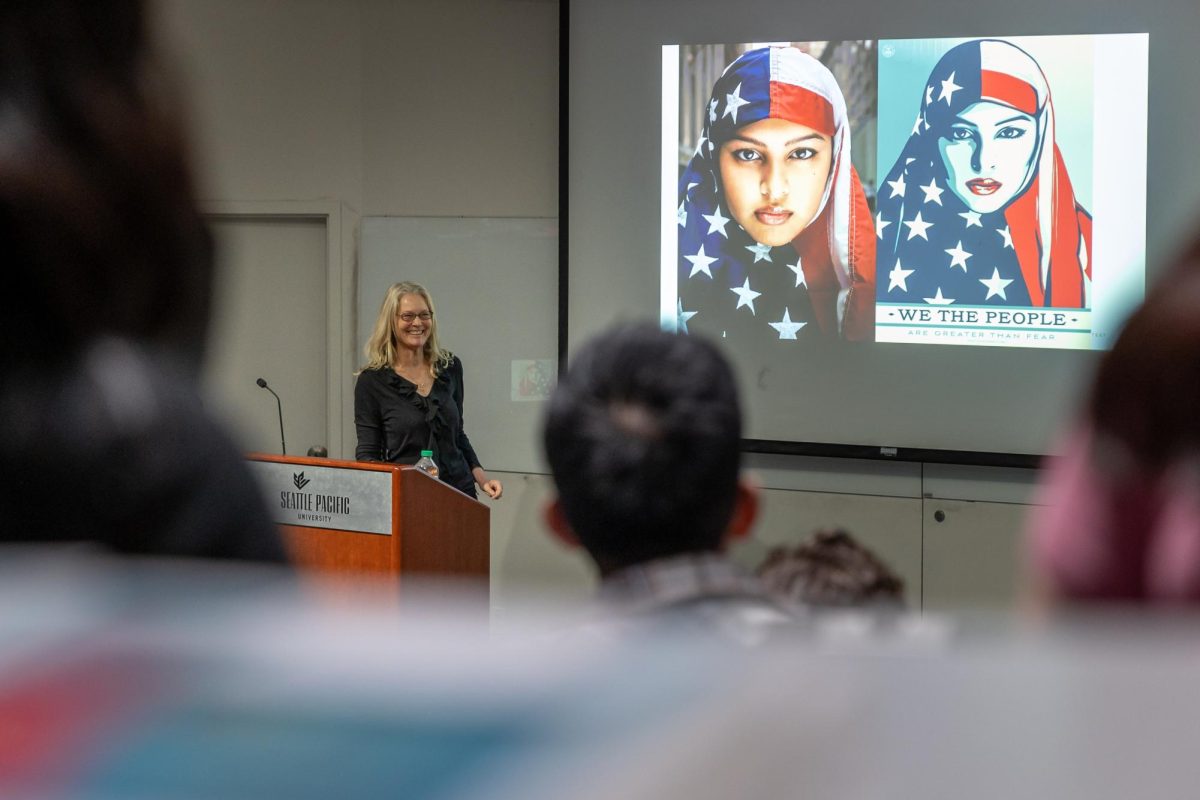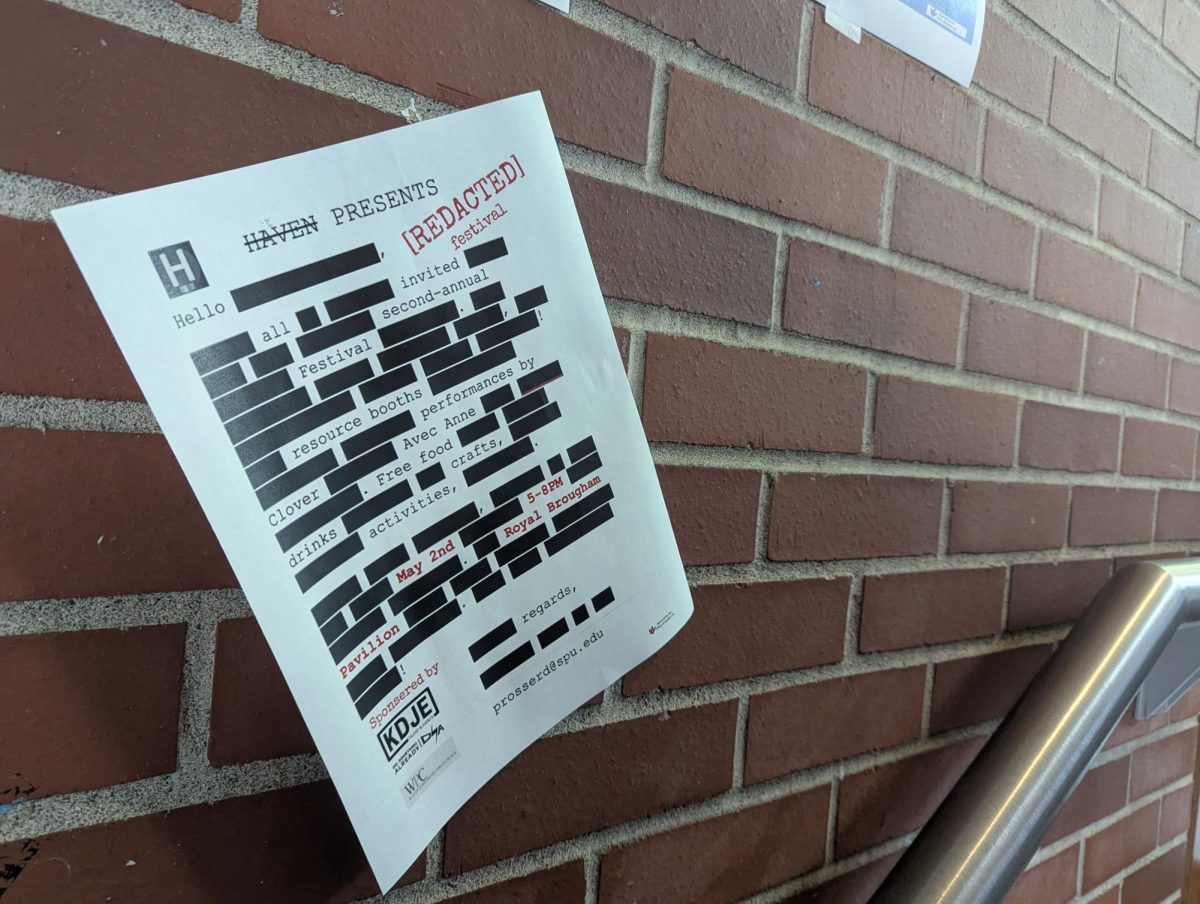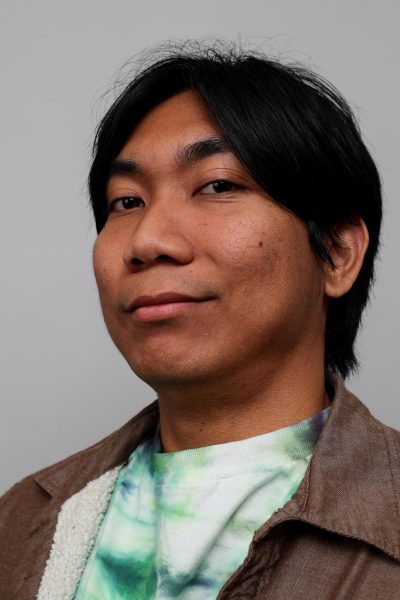Groups from every race, gender and creed have combated or experienced discrimination and prejudice in some way. With the call for equality, these same groups lead protest movements to change the story from oppression to freedom and acceptance. In the digital age, such actions are broadcasted and given further impact.
Dr. Kimberly Segall’s newly published book, “Superheroes in the Streets,” discusses female activism in political and cultural spaces. Segall mainly focuses on the representation and activism of Muslim women in the 21st century, analyzing the history and legacy of discrimination, misrepresentation, cultural appropriation and much more.
“There’s been a lot of critics who have talked about the ways in which people study cultural forms of protest but don’t really talk to women who are protesting or their stories,” Segall said. “It almost can create a sort of gap between the academy up here versus grassroots activism. So I think this book heals that gap.”
With the release of her book, Segall hosted a book talk event on Wednesday, May 8, in room 150 of Seattle Pacific University’s Demaray Hall. The talk began with an overview of the book’s contents, with the remaining time held for discussion.
“I really liked the discussion afterward,” Segall said. “I think students were really taken with this idea that it’s racism that American Muslims are facing, and that includes on our campus, in our city and our country.”
Junior English major Eliza Matelich attended Segall’s book talk as an assignment for class but walked away with a new understanding and much to ponder.
“It was interesting because of the idea about how we get so much information from just being on our phones and scrolling and how much of that information is false,” Matelich said. “Something important was that Muslim women are always and will always be protesting … but [other] people will always have a very different opinion [of them].”
What struck Matelich the most was the focus on Muslim women’s struggles and the history of activism. She appreciated Segall’s intention and efforts to share more knowledge and context with people.
“[Segall] talked about the importance of representation and the tokenization of hijabi women because people have certain expectations for Muslim women,” Matelich said. “They [prefer] more religious women, not secular Muslim women. It’s interesting to think about how we see Muslim people, how quick society is to change their minds and how they feel about Muslims depending on the cultural climate.”
Segall’s emphasis on technology and social media in modern society calls for issues such as these to be viewed through a digital lens. Senior social justice and cultural studies major Faith Gutierrez served as a teacher’s aide to Segall and helped organize the book talk event. Gutierrez appreciated Segall’s focus on digital activism and highlighting particular activists.
“I appreciated her highlighting Blair Imani because social media has become so central to many social justice movements, but it can sometimes be overwhelming to navigate,” Gutierrez said. “Learning about the many activists who have already created successful platforms within a movement was a needed reminder that engaging in online activism has the potential to be a powerful thing.”
Although she was more familiar with the material beforehand than Matelich, Gutierrez left the event feeling more knowledgeable and hoped to stay educated on how to best participate in online activism and support the people already involved. This mindset also appears to have stuck with other event attendees as well, considering the audience-led discussion held after Segall’s lecture.
“After Dr. Segall gave her lecture, there were a few questions about the difference between racism and Islamophobia. It seemed like people are wanting to know more about the Muslim experience and how intersectionality is central to understanding these issues,” Gutierrez said.
Matelich hopes others who attended the event will continue the conversation on SPU’s campus.
“It contributes to bringing attention to the cause at SPU. Now a whole group of people knows more and we can also support the people protesting,” Matelich said. “Conversation and word of mouth will help continue protests and support for people.”
Continuing the conversation is paramount in contributing to the cause all activists strive for: recognition.
“This is American history,” Segall said. “Muslims aren’t outside of it. And I think as a Christian scholar, who is concerned with racial justice, this is a story that needs to be written.”





















































































